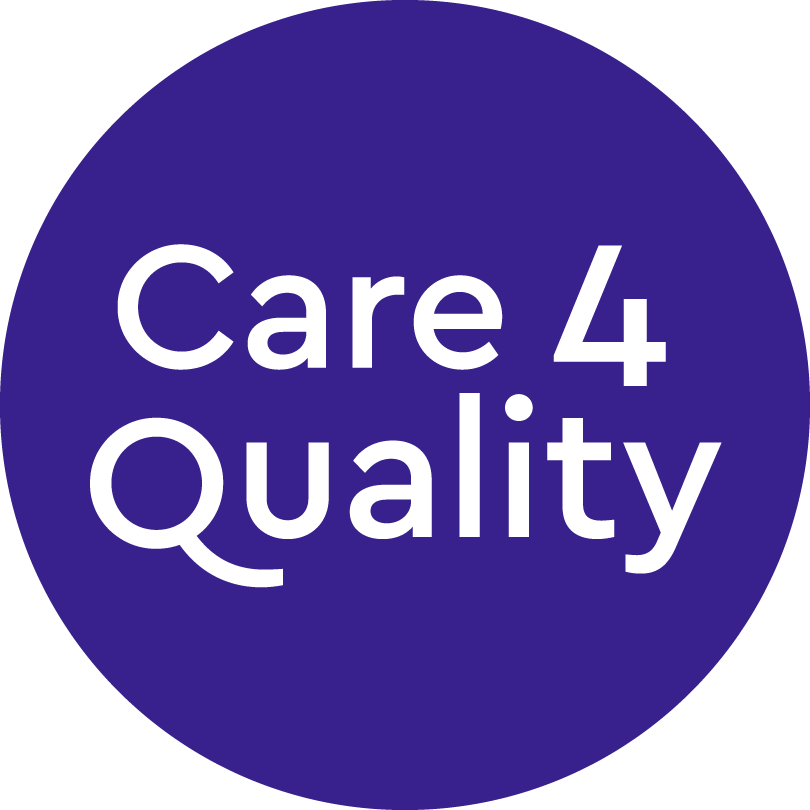Have you updated your policies in line with the new sexual harassment law?
On October 26 2024, the UK’s Worker Protection Act (an amendment of the Equality Act 2010) came into force. This introduces critical changes aimed at strengthening workplace protections against sexual harassment. This Act places new responsibilities on employers to proactively and positively prevent harassment. It also expands protection for employees and increases the accountability of both organisations and individuals.
You must ensure that your policies are up to date with this latest guidance to provide a clear message and a commitment to comply with this new legislation.
Here’s a closer look at the key provisions of the new law and what it means for employers and employees across the UK.
Key Changes Introduced by the Worker Protection Act 2024
Firstly, it is important to understand that unacceptable behaviour may mean something different to each individual and that conduct can amount to harassment or sexual harassment even if that was not how it was intended.
The Worker Protection Act (WPA) 2024, as an amendment to the Equality Act 2010, introduced ‘The Preventive Duty’ which is an employer’s positive legal duty to prevent the sexual harassment of their workers in the course of their employment, including from third parties.
This is a statutory duty requiring employers to take all reasonable steps to prevent sexual harassment in the workplace. Previously, employers could only be held liable for harassment if it was proven that they had failed to respond appropriately after the fact. Under this new law, employers must demonstrate proactive steps taken to minimise the risk of harassment occurring in the first place.
Furthermore, employers can be held accountable for harassment by non-employees (third-parties), such as customers, clients, contractors, or any other third party who interacts with their employees. Reasonable steps must be taken to prevent third-party harassment. If harassment occurs and it can be shown that the employer did not take reasonable steps to prevent it, they may be held liable.
What Employers Need to Do to Comply
Employers must adopt a more proactive and rigorous approach to workplace harassment prevention. Here are some steps to consider to ensure compliance:
- Implement and Review Policies: You need a clear, updated anti-harassment policy in place. It is essential to ensure these policies are accessible to all employees and are regularly reviewed to adapt to changing work environments.
- Employee Training: Conduct regular training sessions for all staff on workplace behaviour standards, harassment prevention, and reporting channels. Training should make it clear that harassment and sexual harassment is not acceptable and cover both what constitutes harassment and how to intervene as a bystander or report concerns safely. Special training should be provided to managers on how to assess and manage risks of sexual harassment.
- Foster a Supportive Culture: Creating a positive workplace culture is a powerful way to prevent harassment. Employers should encourage respect and open dialogue within the workplace and make sure employees feel comfortable discussing concerns, including situations where they felt at risk even if nothing happened.
- Consider the Risk: Undertake risk assessments to identify and assess the organisations risk of sexual harassment, including your sector, the type of work, ways of working and different roles. High risk factors may include lone working with clients/services users, environments where people are drinking alcohol, work-related social events, power imbalances between staff and travelling for work including overnight stays. Younger staff and individuals with learning difficulties may also be at higher risk.
- Create Robust Reporting Systems: Having a clear, confidential reporting system is vital. Employers should ensure employees know how to report harassment and be assured that reports will be taken seriously and addressed without fear of reprisal.
- Document Preventive Actions: Keep records of the steps taken to prevent harassment. This documentation can serve as evidence of compliance if an issue arises.
How can Care 4 Quality help you as a Health and Social Care Employer?
We are pleased to offer a FREE policy template to help employers meet the new legal requirements with regards to the Worker Protection Act. See our updated Bullying and Harassment Policy on our E-Shop, find it under HR Policies for your sector in our E-policies and procedures dropdown menu.
Get your free template or contact us for bespoke policies and updates:
As health and social care compliance experts, we also offer comprehensive, tailored policies for your specific organisation or sector. Our expert team continually updates these policies, drawing from reputable sources like NICE and CQC. Bespoke policies are essential to demonstrate your understanding of your service, enhance quality, and meet legal obligations.
Our policies have recently been praised by a CQC Inspector when used by a client as a part of their CQC Registration application, see the below;
“I would like to commend you on the quality of your policies in terms of content and presentation, and to commend your risk assessments. They are the best risk assessments I have seen since I started working at the CQC, and some of the best policies.”
You can find more information on our Policy packages here: https://www.care4quality.co.uk/policies-and-procedures/
We are currently offering a significant discount on our bespoke policy package, please contact us for more information!
08083 037626 or [email protected]
